📰 Seoflicks
Welcome to Seoflicks
Your source for Computing (EN) insights. Explore our articles and guides.
Our topics
Explore all our Computing (EN) content
Why Seoflicks?
A passionate team dedicated to Computing (EN).
- Quality articles
- Practical guides
- Expert insights
- Daily updates

Latest articles
Our recent publications

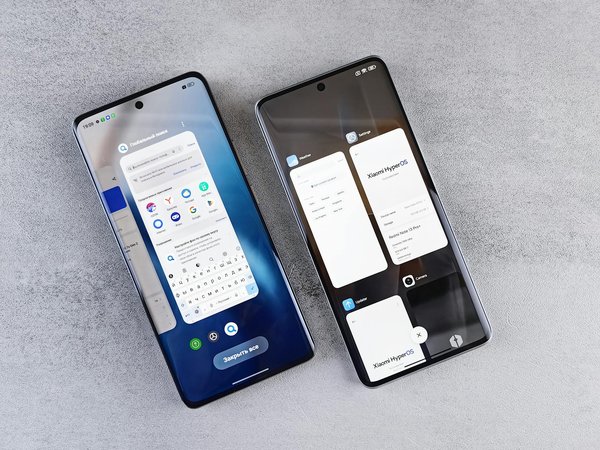
Hardware
Exploring the impact of cutting-edge uk computing hardware on daily consumer life

Hardware
How Does UK Computing Hardware Impact Daily Life?

High tech
Discovering the impact of cutting-edge technologies on the future of computing in the uk

High tech
Exploring the uk's cutting-edge strategies to propel smart city innovation

High tech
How Does High-Tech Computing Transform Daily Life in the UK?
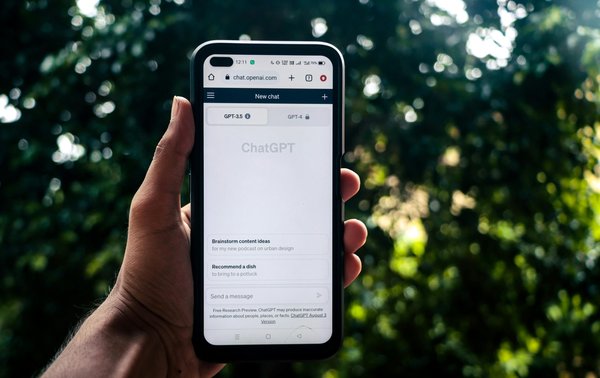
High tech
Unlock the secrets of ai search optimization for your blog

Internet
Discover the next big innovations transforming the uk computing scene

Internet
Enhance email deliverability: top mailtester tips you need

Internet
Optimize your email deliverability with mailtester insights
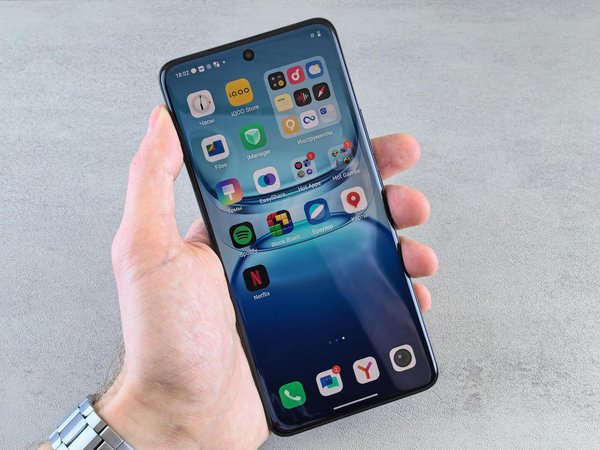
Internet
Unraveling the surge in digital privacy worries: what fuels rising concerns online?

Internet
What role does cybersecurity education play in UK schools?

Marketing
What impact does IoT have on UK marketing campaigns?

News
What Are the Best Strategies for Optimizing IT Security in the UK?

Smartphones
Exploring the impact of cutting-edge smartphone tech on user experience

Smartphones
Unlocking mobile productivity: the revolutionary impact of smartphones in the uk

Smartphones
What are the key trends in smartphone security within the UK computing industry?
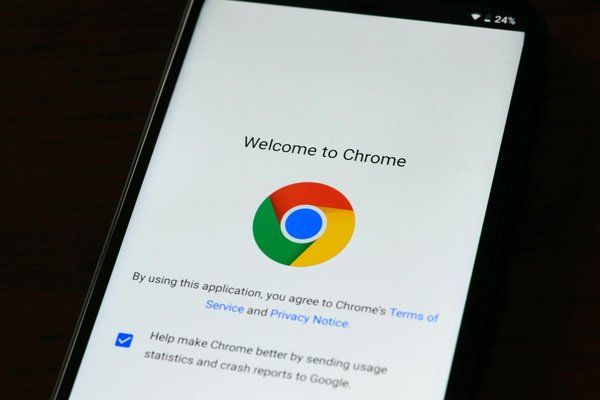
Video games
Exploring the impact of video game innovations on the future of computing
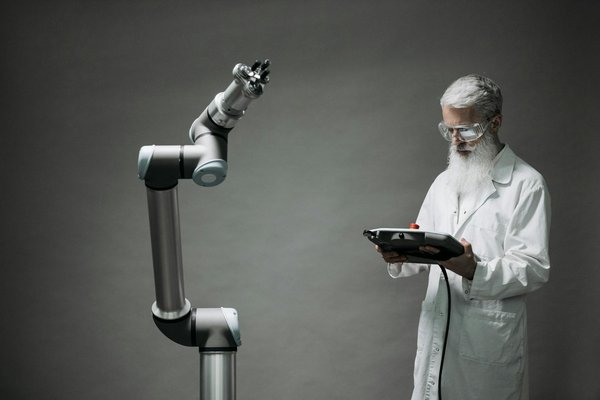
Video games
How do UK video games incorporate historical accuracy in storytelling?

Video games
Unlocking learning: how uk video games seamlessly blend education into gameplay
Join our community
Stay informed about Computing (EN).
Rejoindre →